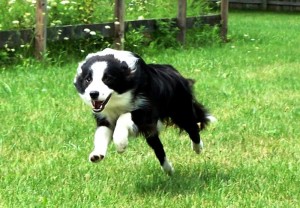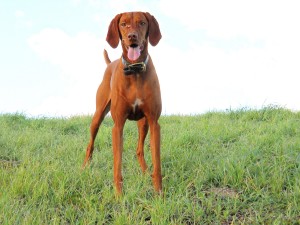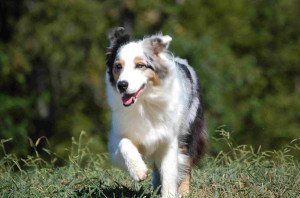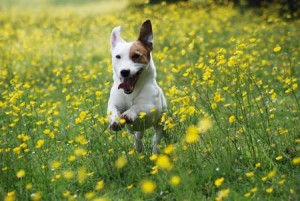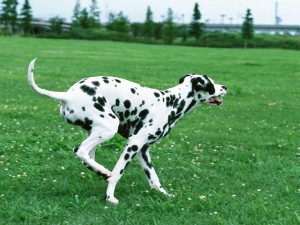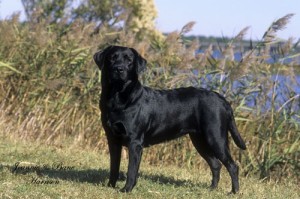Best Dogs to Run With
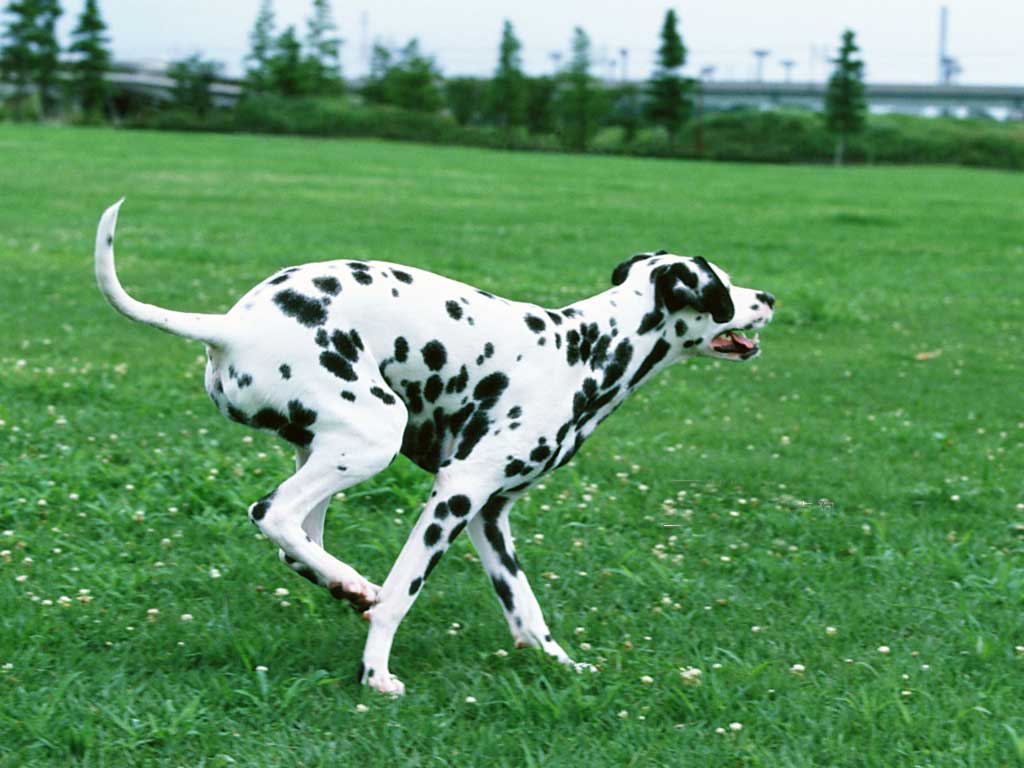
While start lines feature body types of all shapes and sizes, there are always those people who look like they were made to run (you know, the people that everyone else is gazing enviously at).
If you’re thinking about getting yourself a running companion in the form of a dog, you should make sure to select a breed that is made for running. Here are our top picks and advice on the best dog breeds for running. Don’t worry; we also picked the ones that are cute enough to attract stares.
Think about yourself
In order for you and your future running pal to have the best experience possible, you have to think about your needs first. This means considering a few questions before narrowing it down to which breed you’d like, such as:
1) What type of climate do you live in?
Some breeds, like Huskies, for example, are amazing runners, but with the amount of fur they have, easily overheat in warm climates. Dogs don’t sweat the same way that humans do (they pant to release excess heat), so the warmer your region is, the shorter fur you should be aiming for.
2) What kind of running are you doing?
If you’re a recreational runner, logging a moderate amount of kilometres at a decent clip, most dogs will be able to keep up. However, if you are looking for a speed partner, or a dog to accompany you on long runs requiring a lot of endurance, you’ll have to narrow your pool of potential breeds.
3) Are you planning to go off leash?
If you would like to have your dog off-leash while you’re running, you’ll need to choose an intelligent and trainable breed.
Our picks
Border collies
Border collies are a medium sized breed and have tons of energy. They require a lot of exercise and are therefore a good option for consistent runners and those who maintain an active lifestyle. Border collies have a reputation of being highly trainable and very intelligent. Hip dysplasia is not uncommon in this breed though, so making sure to buy your puppy from a breeder that has made an effort to reduce the prevalence of hip dysplasia in blood lines.
Vizslas
Vizslas are a medium sized type of pointer with a sleek coat. Vizslas have a reputation of being easier to train than other pointers. They are also known for agility — if you plan on running trails, or routes with obstacles of any kind, a Viszla is a good choice. This breed needs a lot of exercise and have a reputation for seperation anxiety, meaning that they are not a great choice for the working professional that may need to leave a dog for many hours at a time.
Australian Sheperds
As a herding breed, Aussies were truly made for running. If you love to log a lot of kilometers, with an Australian sheperd you’re guaranteed to have a running companion that will too. Aussies have longer coats, but are easily shaved down to handle summer running conditions.
Jack Russell Terriers
Although medium-sized breeds are generally the best for running, the small Jack Russell terrier is an exception. Jack Russells are compact and powerful little runners that require more exercise than most other small breeds. The breed has a reputation for being feisty, so they require an owner committed to training them.
Dalmatians
If you’re looking for a larger dog, you may want to consider a spotted companion. Trained in the past to run ahead of firefighting vehicles, the dalmatian has the capacity to go the distance. This breed tends to be protective of their owners, so they are worth considering for a runner that is concerned about the possible risk of running alone at off-times of the day. This also means that an owner must be committed to proper training.
Retrievers
The quintessential family dogs, both Labrador and golden retrievers make a great companions for the recreational runner. Retrievers are perfect for going a decent pace for moderate distances, are highly trainable and extremely friendly.
Things to remember once you have your puppy
– You need to wait for your dog’s bones and joints to be fully developed before you let them start pounding the pavement or trails. Consult your vet about how long to wait before you start taking your dog along with you. The time may vary depending on breed.
– Just like humans, dogs have a process they need to go through in order to ‘get fit’ – you wouldn’t drag your unseasoned friend out for a 10K run with you and should treat a dog that is unaccustomed to mileage the same.
– If you need a water break, so do they. If you’re out for a long run, make sure you bring water for the both of you.
